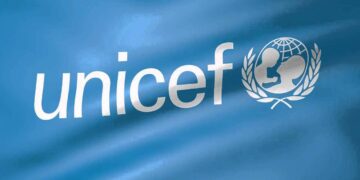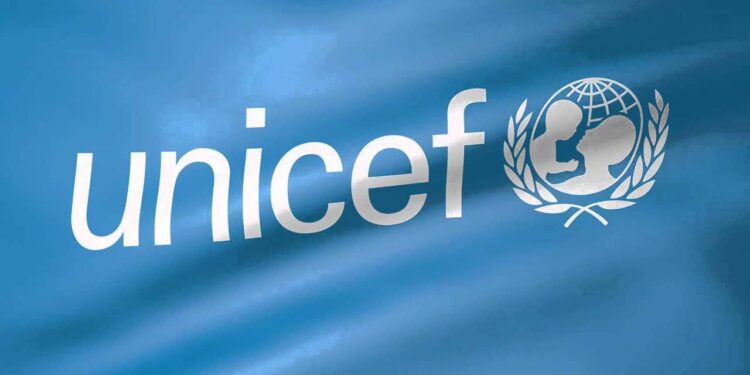By Ebi Kesiena
UNICEF has launched an innovative initiative to enhance immunisation programmes across Central and West Africa using machine learning.
This effort is part of the Reach the Unreached (RTU) pilot, which has been introduced in Cameroon, Chad, Guinea, and Mali.
By leveraging machine learning technologies, the programme aims to analyse population data and estimate vaccination coverage more accurately.
The RTU initiative is a collaborative effort between UNICEF and the Frontier Data Network (FDN). This partnership has enabled regional and country office teams to map over 1.1 million unreached children, providing valuable insights to identify regions at risk of falling behind.
The ultimate goal is to address child rights inequities, starting with immunisation and birth registration.
According to Rocco Panciera, UNICEF’s geospatial health specialist, integrating granular population estimates and vaccination coverage datasets into existing information systems and decision-making processes is crucial for improving health programming and outcomes.
Manuel Garcia-Herranz, FDN’s principal researcher, emphasised the importance of technology in understanding data bias and algorithmic inequalities that affect population estimation and vaccination coverage models.
This initiative is part of UNICEF’s broader efforts to strengthen immunisation systems and reach marginalised communities. The organisation collaborates with governments, businesses, and non-governmental organisations to engage communities, procure and distribute vaccines, and facilitate affordable access to vaccination services.
By harnessing the power of machine learning and collaborative partnerships, UNICEF aims to make significant strides in improving immunisation coverage and reducing vaccine-preventable diseases across Africa.




































